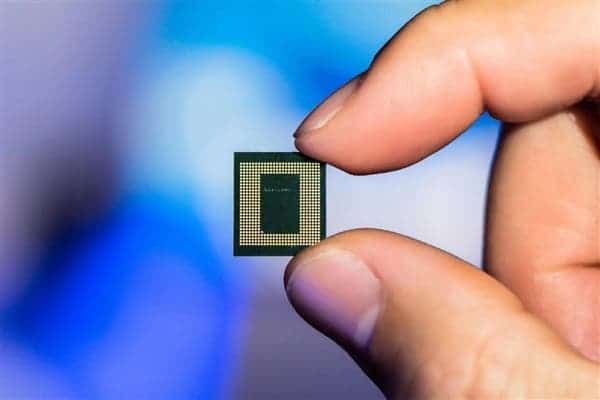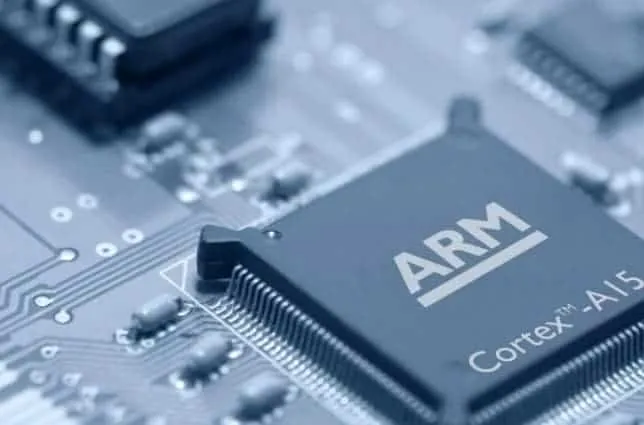The Trump-led U.S. government was very angry that the American technology companies let China beat them to 5G. However, technological innovations never come cheap. The Chinese government is investing heavily in its technology companies. This is probably one of the reasons why the U.S. is linking them to the Chinese military. American chip companies warn that if the government fails to invest heavily in manufacturing and research, the United States' will lose its technological dominance. Its leadership in key technologies will also be at risk.

The American Semiconductor Industry Association (SIA) called on the U.S. government to take "bold action" by providing subsidies or tax credits. The body claims that it would "make more components that drive U.S. economic growth, employment, and infrastructure".
The heads of SIA member units such as Broadcom, IBM, Intel, Nvidia, and Qualcomm demands action. The organization believes that subsidies and other incentives from other governments played a key role in enhancing global competitors. According to them, these companies are on top of their game in the next generation of mobile technology. They are striving in artificial intelligence, and quantum computing...in truth, "the United States’ technological dominance and leadership is at risk".
SEMI urges the US government to re-evaluate trade restrictions with China
International Semiconductor Industry Association (SEMI) urges the US Department of Commerce (DoC) to re-evaluate the export controls on trade with China. According to the organization, these policies do not consider public opinion. SIA believes that the policies will harm the long-term global growth of US companies.
SEMI CEO, Ajit Manocha, asked the Department of Commerce to give priority to reviewing rules that prevent Huawei from acquiring US chip technology. He believes that these rules “result in the production of certain foreign-made semiconductors. There is an unexpected difference in the control scope of test equipment and other semiconductor devices. ”
He also asked the department to quickly deal with the backlog of trade permit applications. For him, the procedure was a "de facto rejection" and created uncertainty. This is also causing companies to reject American technology.
Manocha called for a multilateral approach to trade policy to ensure a "level playing field,". He also criticized the former presidential administration for using "extremely unusual procedures" to implement "extensive and vague unilateral control over semiconductor-related projects."
In addition, he warned that these restrictions could cut R&D budgets and force companies to move production and research activities overseas, thereby "stifling American innovation.". Broadcom, Intel, Micron Technology, NXP Semiconductors, as well as Samsung Electronics are all members of SEMI.






Place comments
0 Comments
You are currently seeing only the comments you are notified about, if you want to see all comments from this post, click the button below.
Show all comments